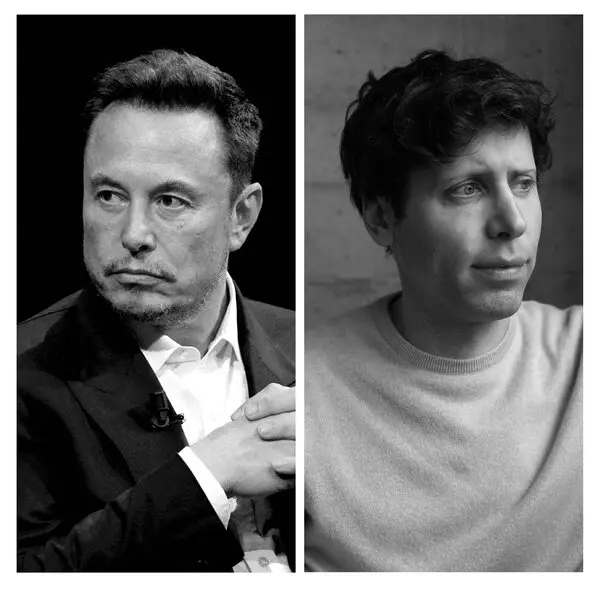The rivalry between Elon Musk and Sam Altman over the direction of OpenAI has escalated into a legal battle, sparking intense debate about the future of artificial intelligence (AI), corporate governance, and the ethical responsibilities of leading AI firms. With Musk seeking greater influence over OpenAI and Altman pushing back, this high-profile conflict could shape AI development for years to come.
Origins of the Dispute
OpenAI was founded in 2015 as a nonprofit with a mission to develop AI for the benefit of humanity. Musk was one of its earliest backers, committing significant financial resources to its growth. However, disagreements over strategy, funding, and corporate governance led to Musk’s departure from OpenAI’s board in 2018. Since then, OpenAI has evolved into a for-profit entity, partnering with Microsoft and securing billions in funding.
Musk has long expressed concerns that OpenAI has deviated from its original mission. He argues that the company has become too commercialized, prioritizing profit over ethical AI development. Altman, on the other hand, maintains that OpenAI remains committed to safety while ensuring AI advancements continue at a rapid pace.
Musk’s Legal Challenge
In a recent escalation, Musk has taken legal action against OpenAI, claiming that the company’s leadership, under Altman, has violated its founding principles. His lawsuit centers on several key allegations:
- Corporate Mission Drift:
- Musk asserts that OpenAI has abandoned its nonprofit ethos by aligning too closely with Microsoft and prioritizing commercial interests.
- Transparency and Governance Issues:
- He accuses OpenAI’s board of lacking transparency and failing to uphold the safeguards originally intended to prevent AI from being controlled by a single corporate entity.
- Control Over AI Development:
- Musk has repeatedly warned that AI must be developed responsibly, arguing that OpenAI’s current trajectory places too much power in the hands of profit-driven corporations.
Altman and OpenAI have dismissed these claims, emphasizing that partnerships like the one with Microsoft are necessary to fund AI research at scale. They argue that OpenAI remains mission-driven, with safeguards in place to ensure responsible AI development.
Implications for AI Development
This legal and ideological battle is more than a corporate feud—it reflects broader tensions within the AI industry about regulation, commercialization, and innovation.
- Regulatory Scrutiny:
- Governments worldwide are closely watching the case, as it raises questions about corporate control over AI and the need for stronger governance frameworks.
- Investment Landscape:
- The lawsuit could impact investor confidence in OpenAI and similar AI ventures, potentially reshaping funding strategies for cutting-edge research.
- Competition and Innovation:
- Some argue that the rivalry between Musk and Altman could accelerate AI advancements, as both sides push for greater transparency and breakthroughs in the field.
The Bigger Picture: What’s Next?
The outcome of this dispute will likely influence the direction of AI development globally. If Musk prevails, it could lead to governance reforms at OpenAI and set a precedent for how AI companies operate. If Altman and OpenAI successfully defend their position, it would reinforce the current model of AI commercialization, with partnerships playing a crucial role in funding research.
Conclusion
The Musk-Altman clash over OpenAI is a defining moment for the AI industry. As the legal battle unfolds, it will determine not only the fate of OpenAI but also the balance between ethical AI development, corporate influence, and innovation. Whether this rivalry strengthens AI safety or exacerbates industry divisions remains to be seen.
For more information, visit Business Insider Africa, Semafor, and Forbes.





